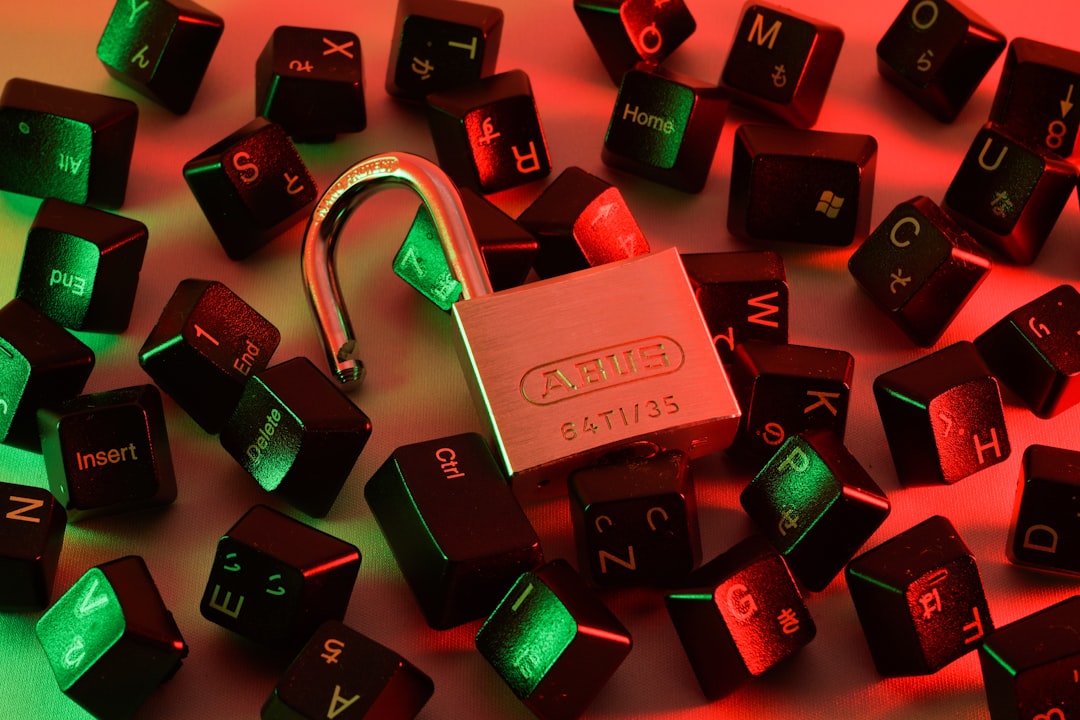As cryptocurrency continues to gain mainstream attention, governments and financial regulators around the world have started to implement legal frameworks to ensure transparency, security, and consumer protection in this rapidly evolving sector. One of the most vital components for any crypto business to operate legally is obtaining a crypto license. Whether you’re launching a cryptocurrency exchange, wallet provider, or Initial Coin Offering (ICO), understanding the key requirements for obtaining such a license is crucial.
Understanding the Importance of a Crypto License
A crypto license is a form of authorization granted by a governmental or regulatory body that allows a business to engage legally in activities involving digital assets. This can include trading, exchanging, or storing cryptocurrencies. Licensing helps foster trust among clients and investors and offers protection against fraud and money laundering. Moreover, having a recognized license enhances reputation and provides legal compliance with anti-money laundering (AML) and know-your-customer (KYC) regulations.
Key Requirements for Obtaining a Crypto License
The exact requirements vary depending on the jurisdiction in which a business operates, but there are several common criteria that most authorities require:
1. Legal Entity Registration
Before applying for a crypto license, companies must first register a legal entity in the relevant jurisdiction. This entity is usually structured as a Limited Liability Company (LLC) or similar legal formation. The registration ensures the company is established under local laws and operates with a clear business purpose.

2. Clean Criminal Record and Due Diligence
Authorities often conduct thorough background checks on the company’s founders, directors, and key stakeholders. Applicants must submit a clean criminal record and demonstrate good repute, both personally and professionally. This step is critical to preventing fraudulent actors from entering the crypto space.
3. AML and KYC Compliance Procedures
To qualify for a crypto license, companies must have robust compliance procedures in place. This includes:
- Know Your Customer (KYC): Collecting and verifying the identity of users.
- Anti-Money Laundering (AML): Monitoring transactions to detect and report suspicious activity.
- Risk management policies: Procedures to manage data security, client due diligence, and more.
Failure to comply with AML or KYC standards can lead to license revocation and potential legal penalties.
4. Capital Requirements
Many jurisdictions require crypto companies to maintain a minimum capital threshold. These funds act as proof of financial stability and are intended to cover operational costs, protect clients, and compensate users in cases of insolvency.
5. Local Office and Staff
Some countries mandate that crypto businesses maintain a physical office within their jurisdiction. They may also require the employment of key personnel, such as a Compliance Officer or local Director, to ensure that operations align with regulatory standards.
6. Technology and Security Infrastructure
Applicants must also demonstrate that their technology systems are secure and compliant. This includes data protection measures, encryption techniques, and contingency plans for cybersecurity threats. Regulators may review system architecture and conduct security audits as part of the application.

Jurisdictional Differences
The regulatory landscape for crypto licensing differs widely between countries. For example, Estonia offers a relatively simplified license process, while nations like the United States and Germany have stricter requirements overseen by financial authorities such as the SEC and BaFin. Choosing the right jurisdiction is essential and should align with your business goals and target markets.
Ongoing Compliance and Reporting
Getting the license is only the beginning. License holders must comply with continuous reporting obligations, including but not limited to auditing, transaction reporting, and tax disclosures. Regular updates to AML policies, employee training, and system upgrades are also required to maintain the validity of the license.
Conclusion
While obtaining a crypto license can be a complex and resource-intensive process, it is a necessary step for operating a legitimate and sustainable crypto business. Complying with regulatory requirements not only builds trust with customers but also positions companies for long-term success in the competitive digital asset industry.
Frequently Asked Questions (FAQ)
- Q: Do I need a crypto license to operate worldwide?
A: No, licenses are jurisdiction-specific. You need to comply with the laws of each country you intend to operate in. - Q: How long does it take to obtain a crypto license?
A: The process can take anywhere from a few weeks to several months, depending on the jurisdiction and the preparedness of your documentation. - Q: Is it possible to operate without a crypto license?
A: In many jurisdictions, operating without a license is illegal and could result in severe penalties or shutdown of operations. - Q: What are some crypto-friendly jurisdictions for licensing?
A: Estonia, Lithuania, Malta, and Switzerland are known for having favorable crypto regulations and streamlined licensing processes. - Q: Can I use the same license for multiple crypto services?
A: It depends on the jurisdiction. Some licenses cover a broad scope of activities, while others are issued for specific services only.

